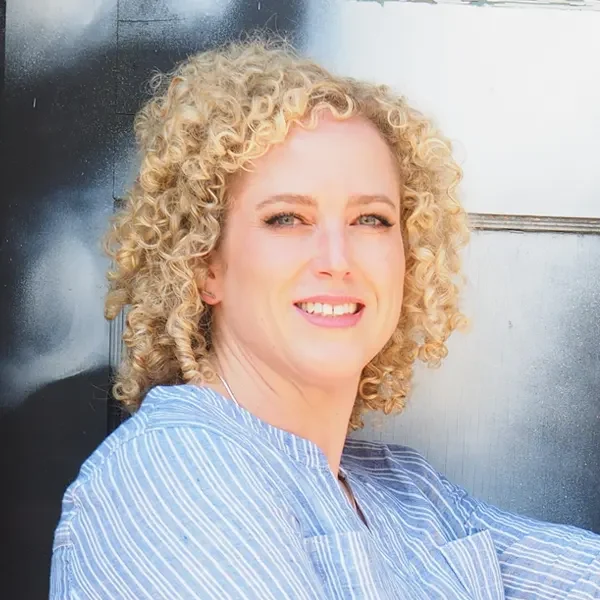Obsessive Compulsive Disorder (OCD) is a mental health condition characterized by intrusive, unwanted thoughts (obsessions) and repetitive behaviors or mental acts (compulsions) aimed at alleviating anxiety or preventing perceived harm. Individuals with OCD often endure significant distress and anxiety due to these obsessions, which can vary widely, from concerns about contamination to fears of harm or orderliness. Compulsions are repetitive rituals or mental acts that individuals feel compelled to perform, despite recognizing their excessive or irrational nature. These behaviors are often excessive and may include handwashing, checking, counting, or arranging objects in a specific way.
If untreated, OCD can profoundly impact daily functioning, relationships, and overall well-being. Fortunately, effective treatments such as cognitive-behavioral therapy (CBT), particularly exposure and response prevention (ERP), and medication can empower individuals to manage symptoms and reclaim their quality of life. Timely intervention and compassionate support from mental health professionals play a pivotal role in guiding individuals with OCD toward achieving meaningful and fulfilling lives.
Symptoms of OCD include:
- Understanding OCD: OCD is a mental health condition characterized by intrusive, unwanted thoughts (obsessions) and repetitive behaviors or rituals (compulsions) performed to alleviate anxiety or distress.
- Common Obsessions: Obsessions may include fears of contamination, causing harm to oneself or others, or experiencing intrusive thoughts about taboo or unacceptable subjects.
- Common Compulsions: Compulsions are repetitive behaviors or mental acts performed in response to obsessions. These behaviors are often excessive and may include handwashing, checking, counting, or arranging objects in a specific way.
- Impact on Daily Life: OCD can significantly impact daily functioning, relationships, and overall quality of life. It can cause distress, interfere with work or school, and lead to feelings of shame or embarrassment.
- Treatment Options: Effective treatments for OCD include therapy (such as Cognitive Behavioral Therapy or Exposure and Response Prevention) and medication (such as selective serotonin reuptake inhibitors or SSRIs). Therapy helps individuals learn to manage obsessions and compulsions and develop healthier coping strategies.
- Seeking Help: If you suspect you have OCD or are experiencing symptoms, it's important to seek help from a mental health professional. They can provide an accurate diagnosis, develop a treatment plan tailored to your needs, and offer support throughout your recovery journey.
- Self-Care Strategies: Practice self-care techniques such as mindfulness, stress management, and relaxation exercises to help reduce anxiety and manage symptoms. Engage in activities you enjoy and prioritize your mental health.
- Support System: Reach out to friends or family for understanding and encouragement. Having a supportive network can make a significant difference in your recovery process.
- Educating Others: Educate yourself and others about OCD to reduce stigma and increase understanding. Advocate for mental health awareness and promote acceptance and compassion for individuals living with OCD.
- Progress and Recovery: Recovery from OCD is possible with the right treatment and support.
If you're experiencing several of these symptoms most days for more than two weeks, it's important to seek help from a doctor or mental health professional.
Our Providers
Meet Your Dedicated HART Team
We are dedicated to guiding you through your therapeutic journey with compassion and expertise, ensuring you receive personalized care to help you thrive.



